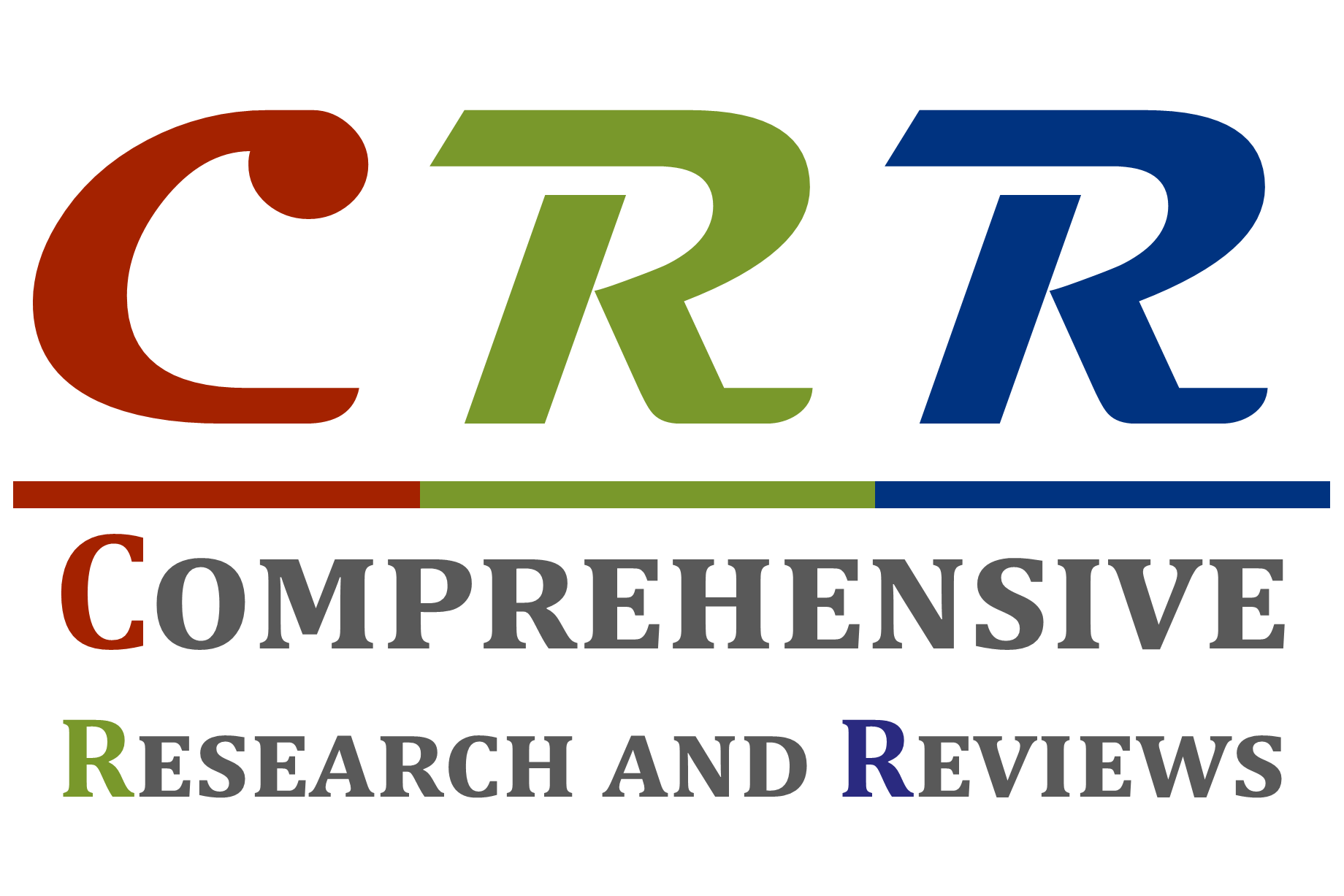Early childhood trauma and behavioral disorders: The role of healthcare access in breaking the cycle
1 Independent Researcher, UK.
2 Al Rass General Hospital, Al Rass, Al Qassim Province, Kingdom of Saudi Arabia.
3 Independent Researcher, Nebraska, USA.
Review
Comprehensive Research and Reviews in Science and Technology, 2024, 02(01), 080–090.
Article DOI: 10.57219/crrst.2024.2.1.0034
Publication history:
Received on 08 August 2024; revised on 13 September 2024; accepted on 16 September 2024
Abstract:
Early childhood trauma, encompassing experiences such as abuse, neglect, and household dysfunction, has profound and lasting effects on child development and mental health. This trauma often manifests as various behavioral disorders, including Attention-Deficit/Hyperactivity Disorder (ADHD), conduct disorder, and anxiety, which can severely impact a child’s academic performance, social interactions, and overall quality of life. The role of healthcare access in addressing and mitigating the effects of early childhood trauma is critical in breaking the cycle of trauma and behavioral disorders. Healthcare access plays a pivotal role in early intervention and treatment. Early detection of trauma-related symptoms and behavioral disorders is essential for effective intervention. Comprehensive screening tools and access to specialized mental health professionals, such as child psychologists and trauma specialists, are crucial in providing appropriate care. Integrated care models, which combine mental health services with primary care, have shown promise in addressing both trauma and its behavioral consequences. These models facilitate a holistic approach to treatment, ensuring that children receive comprehensive and coordinated care. Despite the importance of healthcare access, several barriers hinder its effectiveness. Socioeconomic factors, such as poverty and lack of insurance, significantly impact a family's ability to access necessary care. Geographic barriers, including the scarcity of healthcare facilities and professionals in rural and underserved urban areas, further exacerbate these challenges. Additionally, cultural and systemic barriers, including stigma surrounding mental health and trauma, contribute to delays in seeking and receiving appropriate care. To address these challenges, several strategies are recommended. Policy interventions should focus on expanding insurance coverage and increasing funding for mental health services, particularly for early intervention and preventive care. Community-based solutions, such as increasing local mental health resources and utilizing community health workers, can enhance access to care. Furthermore, educating healthcare providers in trauma-informed care and conducting public awareness campaigns can help reduce stigma and encourage early help-seeking behaviors. Improving healthcare access is crucial in addressing early childhood trauma and associated behavioral disorders. By overcoming barriers and implementing effective strategies, we can break the cycle of trauma and enhance the well-being of affected children, ensuring they have the opportunity to thrive.
Keywords:
Early Childhood; Trauma and Behavioral; Disorders; Healthcare Access; Review
Full text article in PDF:
Copyright information:
Copyright © 2024 Author(s) retain the copyright of this article. This article is published under the terms of the Creative Commons Attribution Liscense 4.0
